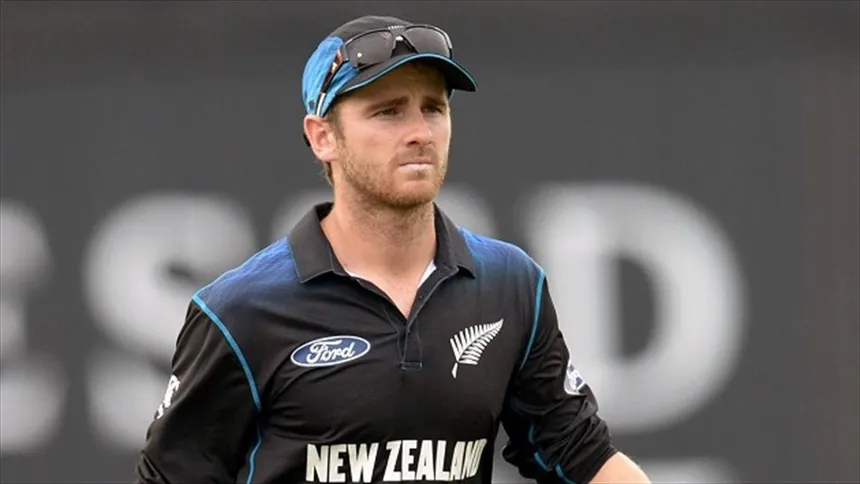
Kane Williamson, one of New Zealand’s greatest modern cricketers, has once again shown that while his path may be evolving, his commitment to the Black Caps remains strong. Even though he has opted out of New Zealand’s upcoming Test tour of Zimbabwe, his presence in the global cricketing ecosystem continues to be both influential and deeply relevant.
At 34, Williamson is navigating his career with a focus on balance—between international duty, family time, and franchise cricket. His absence from the Zimbabwe series, which does not carry points for the World Test Championship, was a considered move. Instead of traveling with the national team, he is currently engaged in England, where he is playing county cricket with Middlesex and captaining the London Spirit in The Hundred.
These choices are part of a broader strategy. Williamson declined a central New Zealand contract for the second year in a row, preferring instead to operate on a flexible, casual basis. This allows him to manage his schedule independently while remaining available for key international fixtures. New Zealand Cricket has embraced this model, recognizing that experienced players like Williamson can still contribute meaningfully without being locked into full-time national obligations.
New head coach Rob Walter has been vocal in his support, emphasizing that Williamson remains dedicated to the Black Caps. According to the coach, Williamson still has the hunger and drive to represent New Zealand and will continue to do so when the schedule and personal commitments align. His absence from the Zimbabwe tour should not be mistaken for a lack of interest; rather, it’s part of a thoughtful, longer-term plan.
In interviews, Williamson has reaffirmed his love for the red-ball game, referring to it as the “soul of cricket.” This sentiment explains his current stint with Middlesex, where he’s taking part in England’s County Championship—still widely regarded as a rigorous test of a batter’s skill and temperament. At the same time, his involvement in The Hundred reflects his versatility and willingness to engage with modern formats of the sport.
What makes Williamson’s case particularly interesting is how it represents a changing landscape in international cricket. Players of his stature are increasingly blending franchise commitments with national duties, setting new standards for workload management. His approach is offering younger cricketers a blueprint for longevity, adaptability, and professional freedom.
Looking ahead, Williamson’s participation in New Zealand’s future assignments—such as the T20 tri-series later this month, the Indo-Pacific white-ball tour, and the West Indies series—will depend on form, fitness, and personal planning. However, the door remains wide open. The team management has made it clear that he remains a core part of their vision.
In essence, Kane Williamson is still very much part of New Zealand cricket’s fabric. Though his journey may now follow a more curated path, the class, leadership, and cricketing wisdom he brings continue to be invaluable. As long as he keeps performing and staying engaged, Williamson’s place in the team—and the hearts of fans—is secure.

